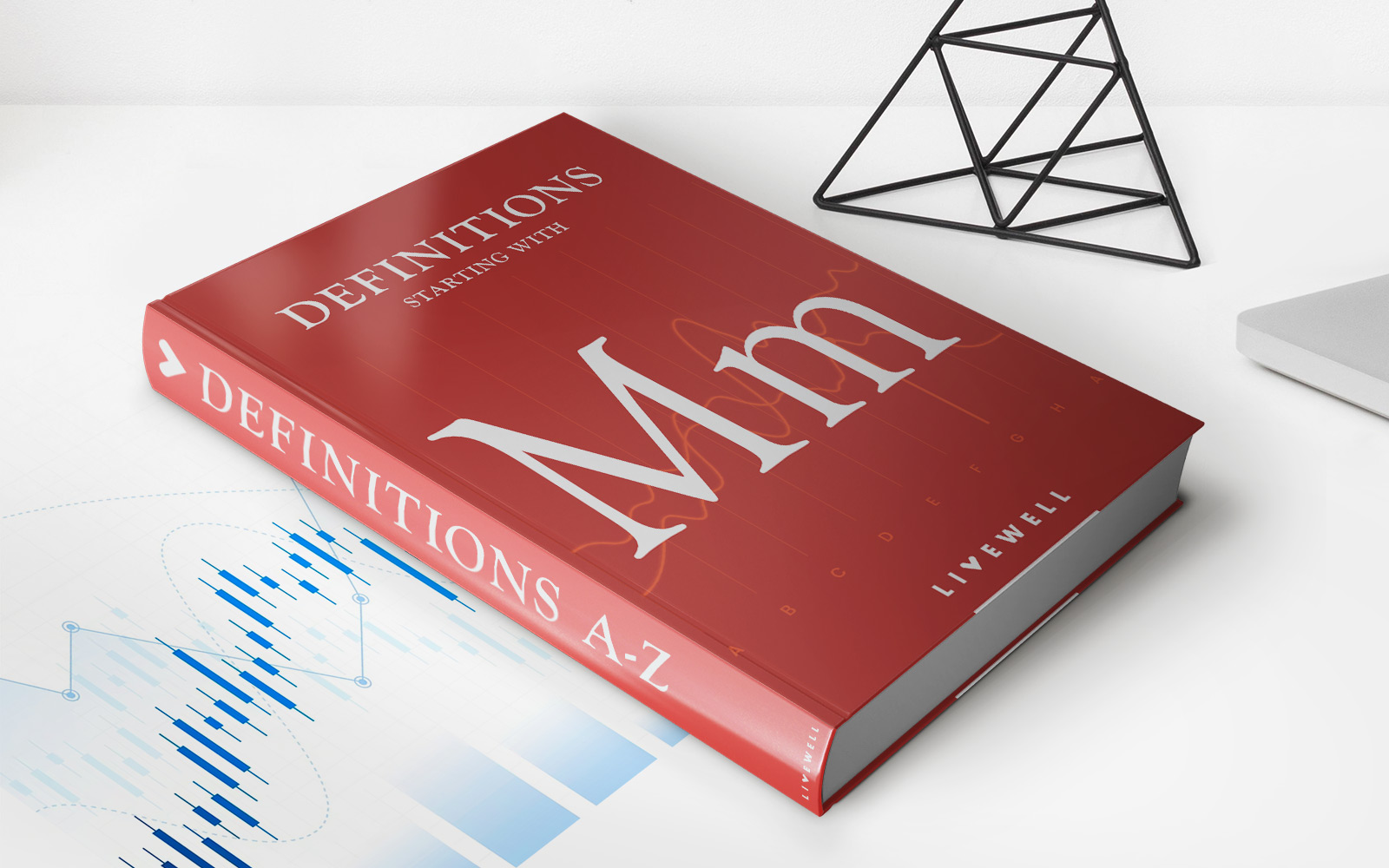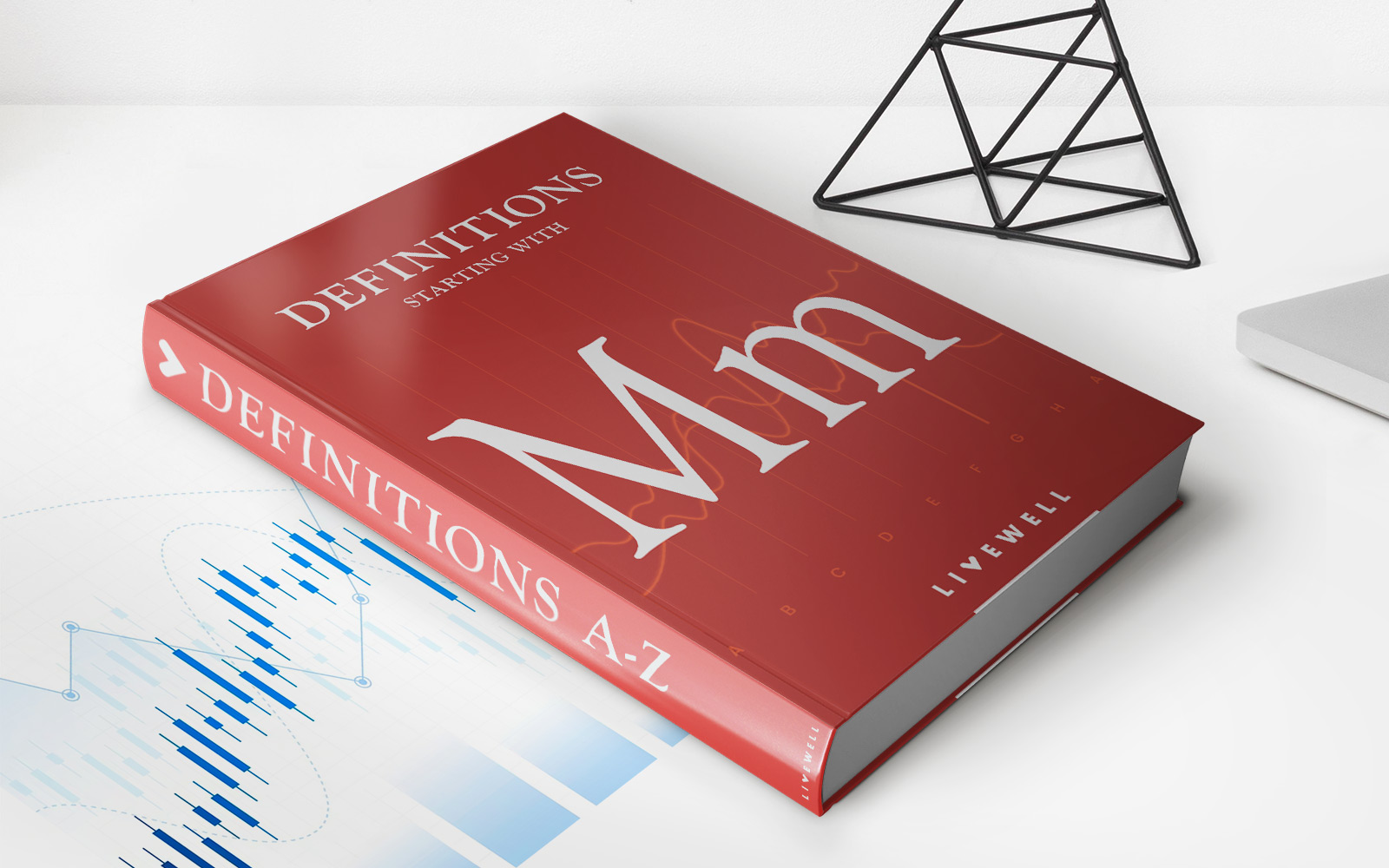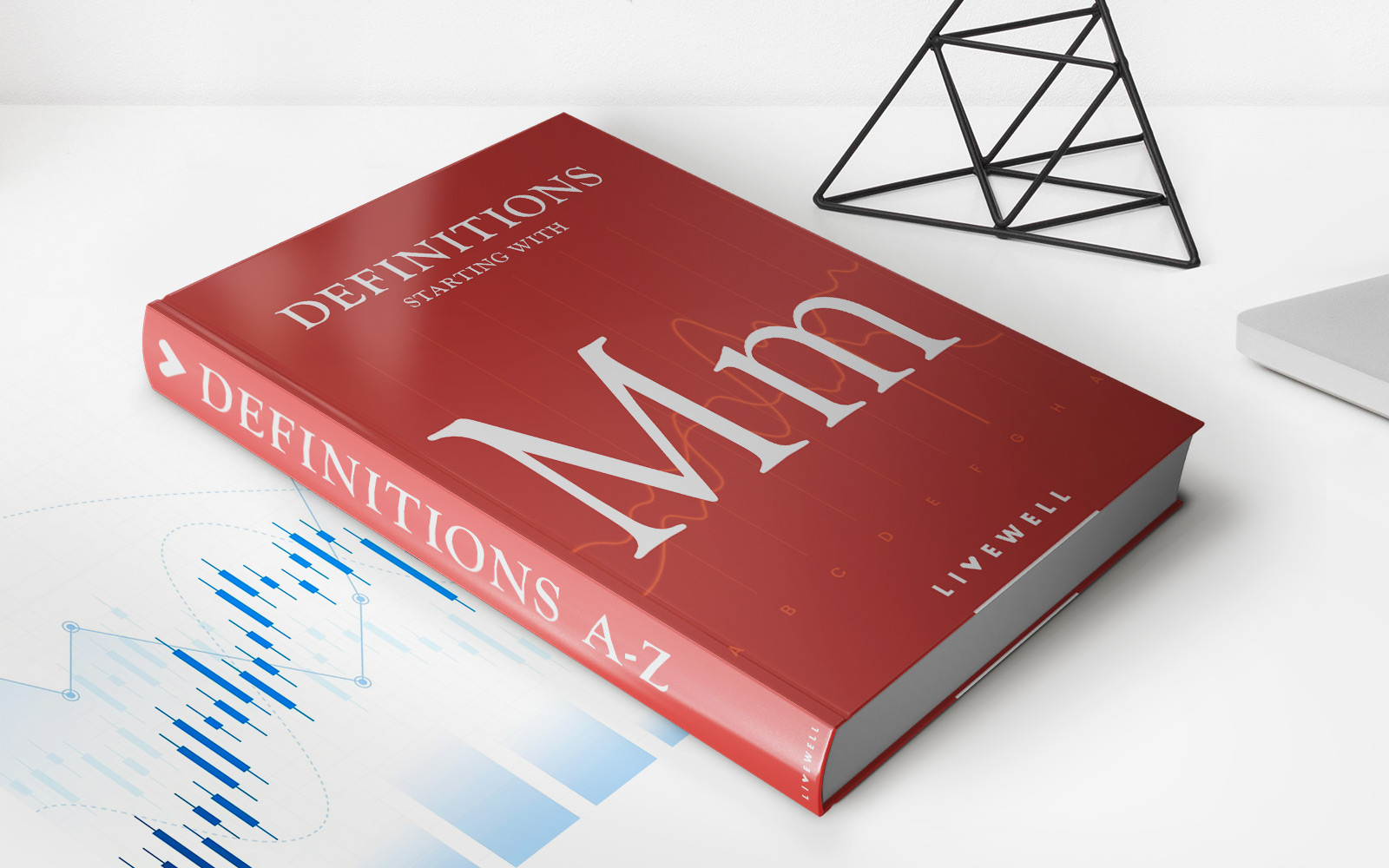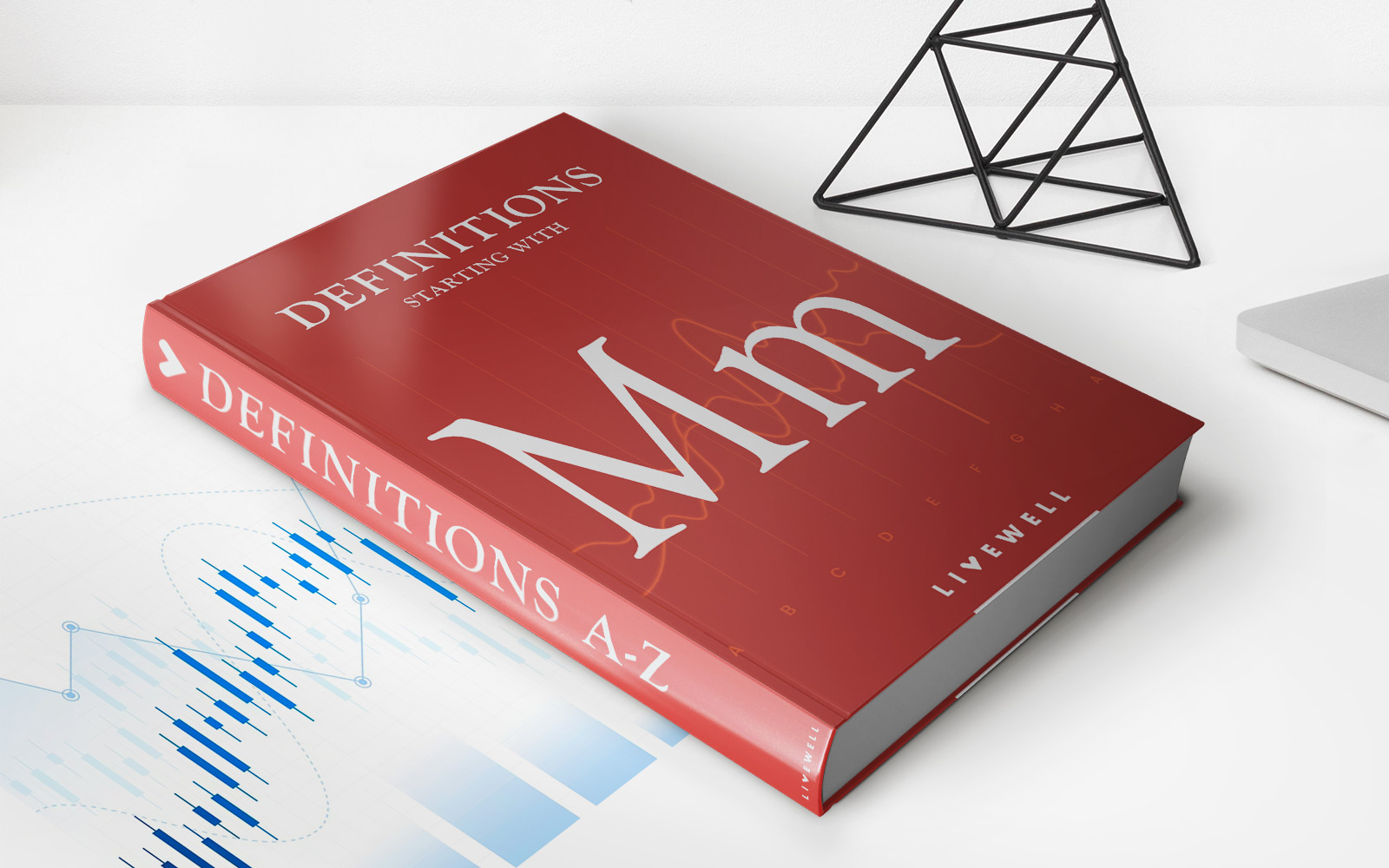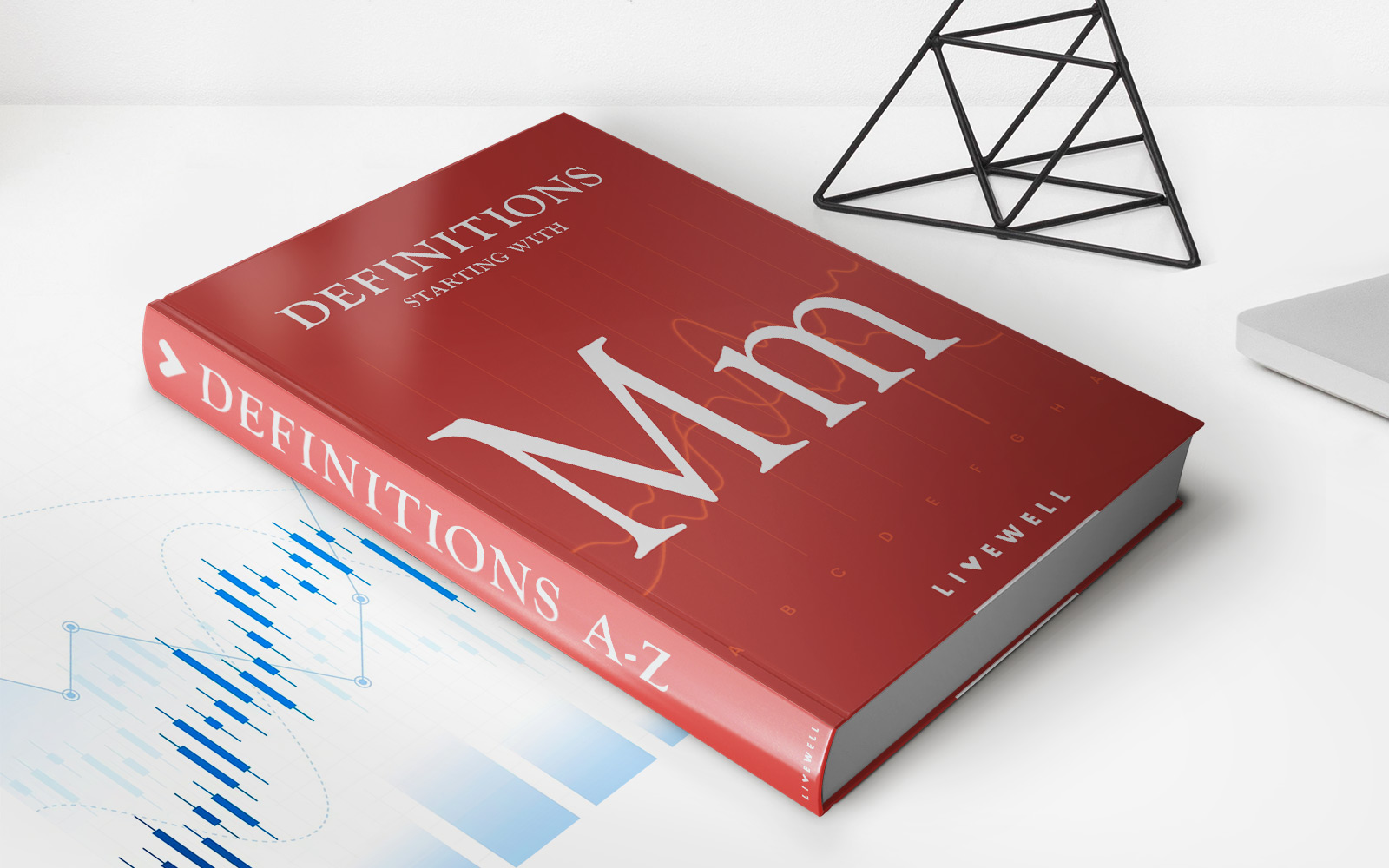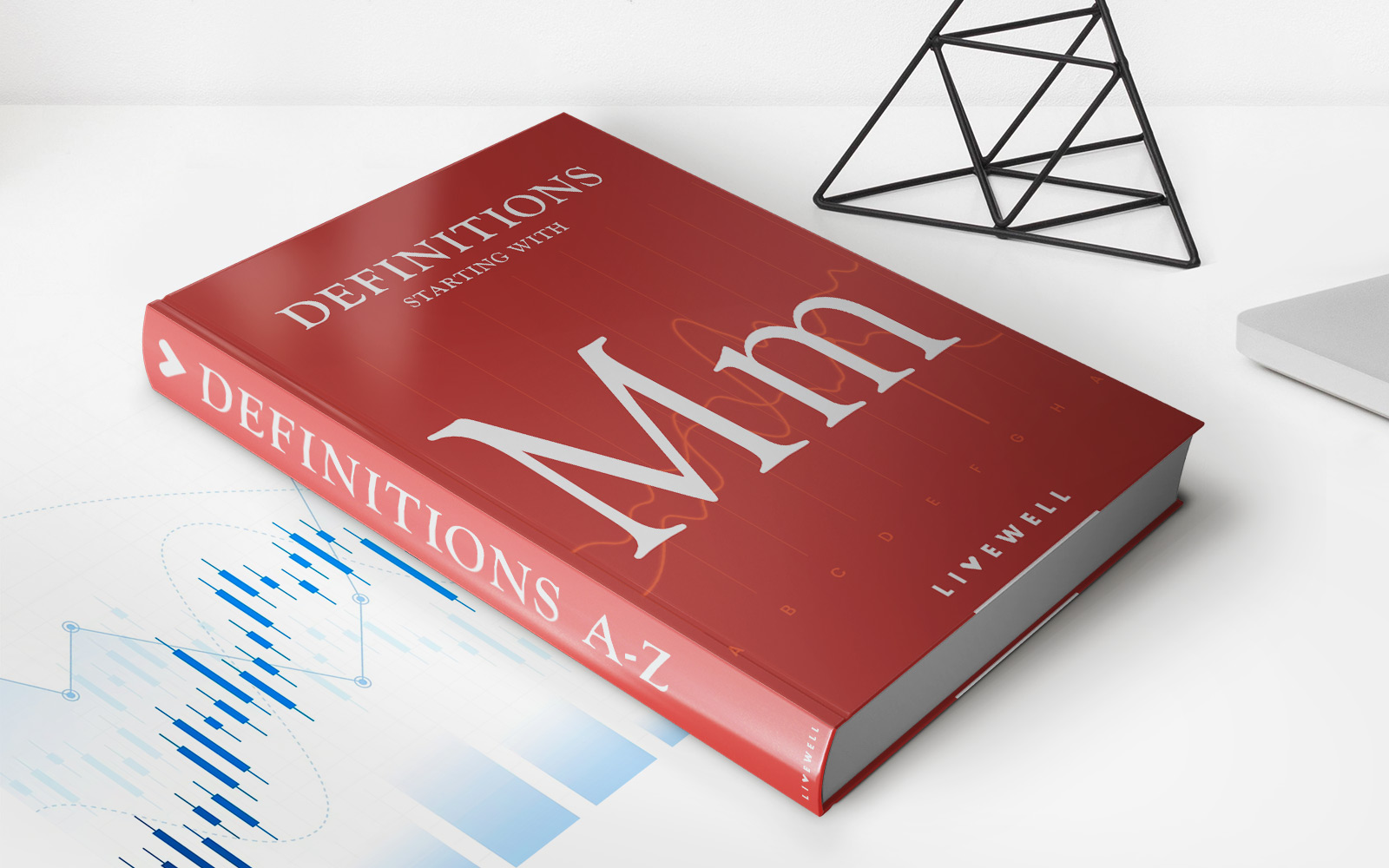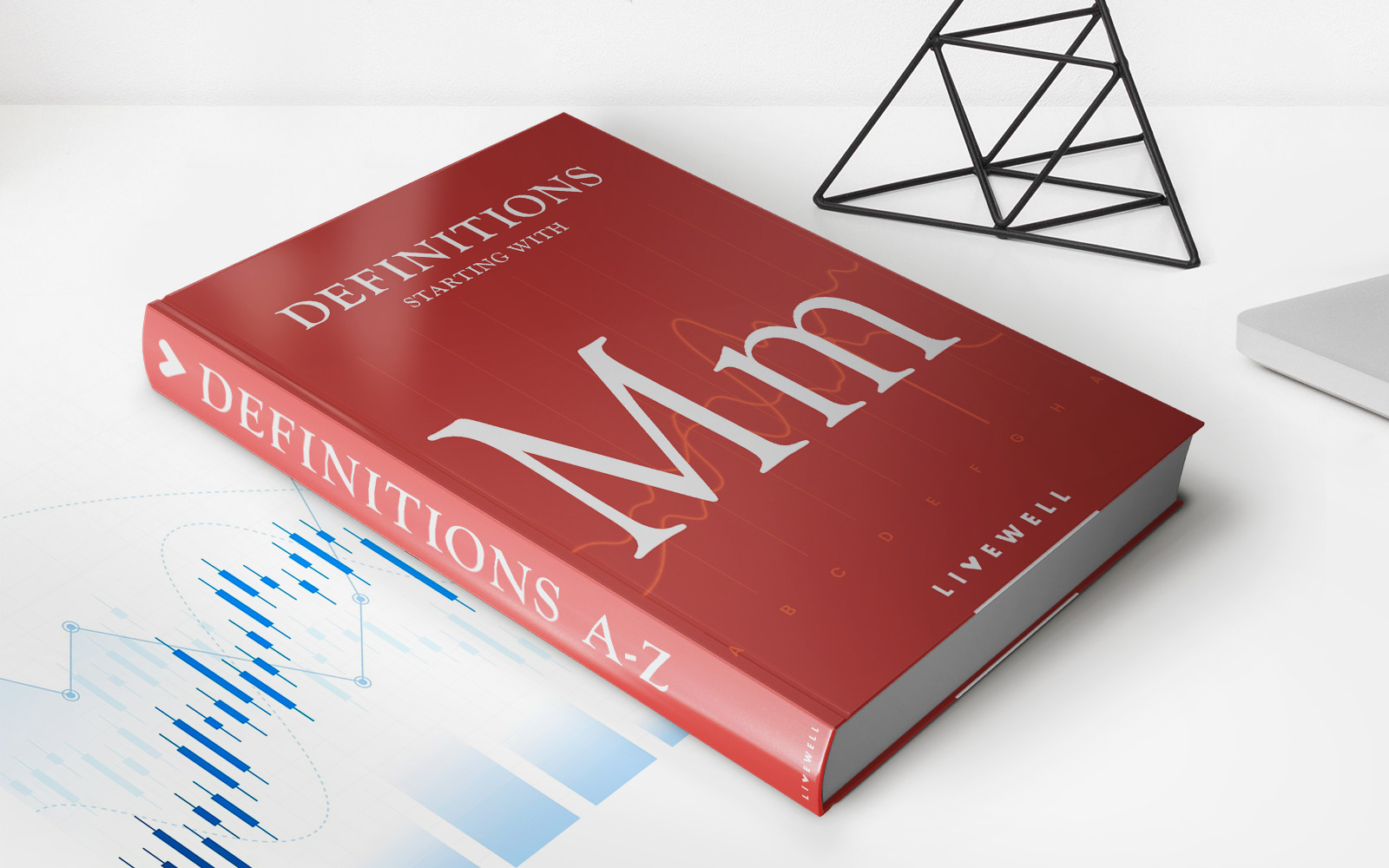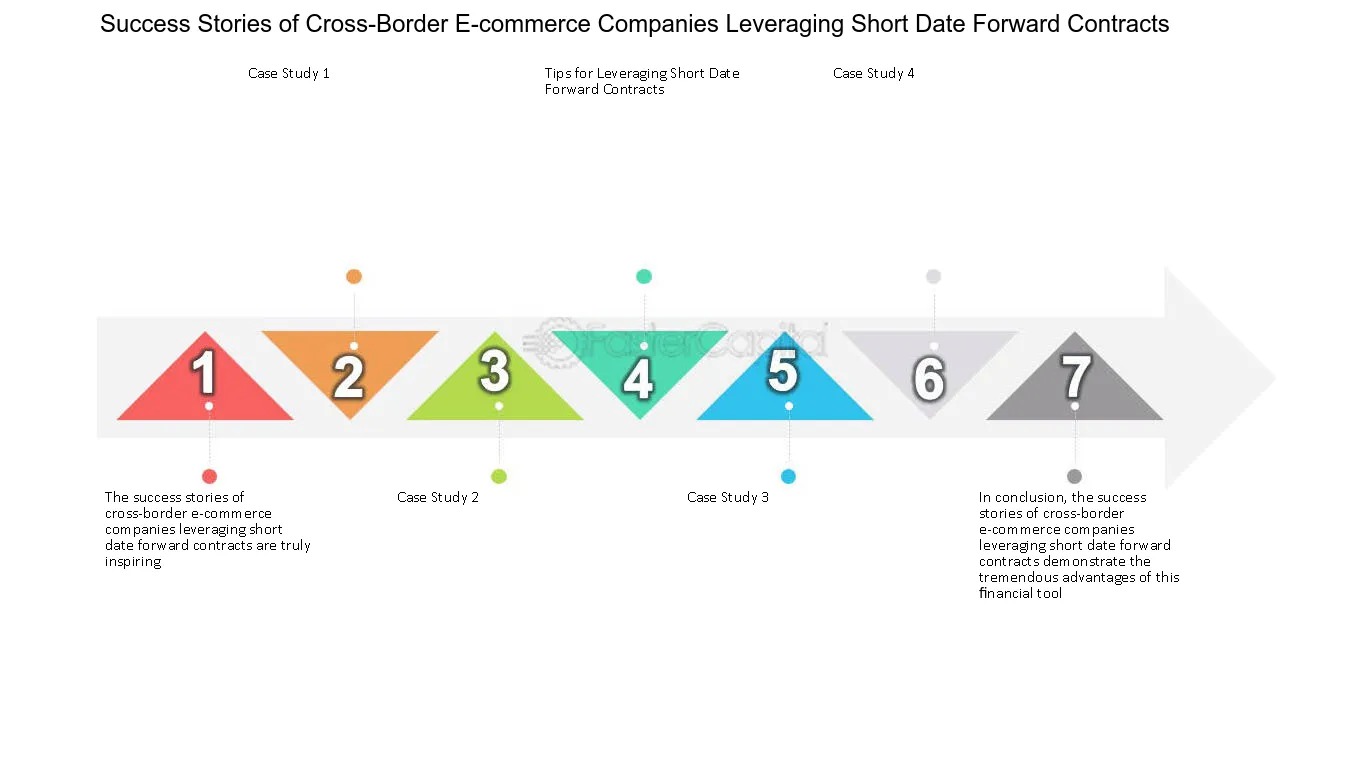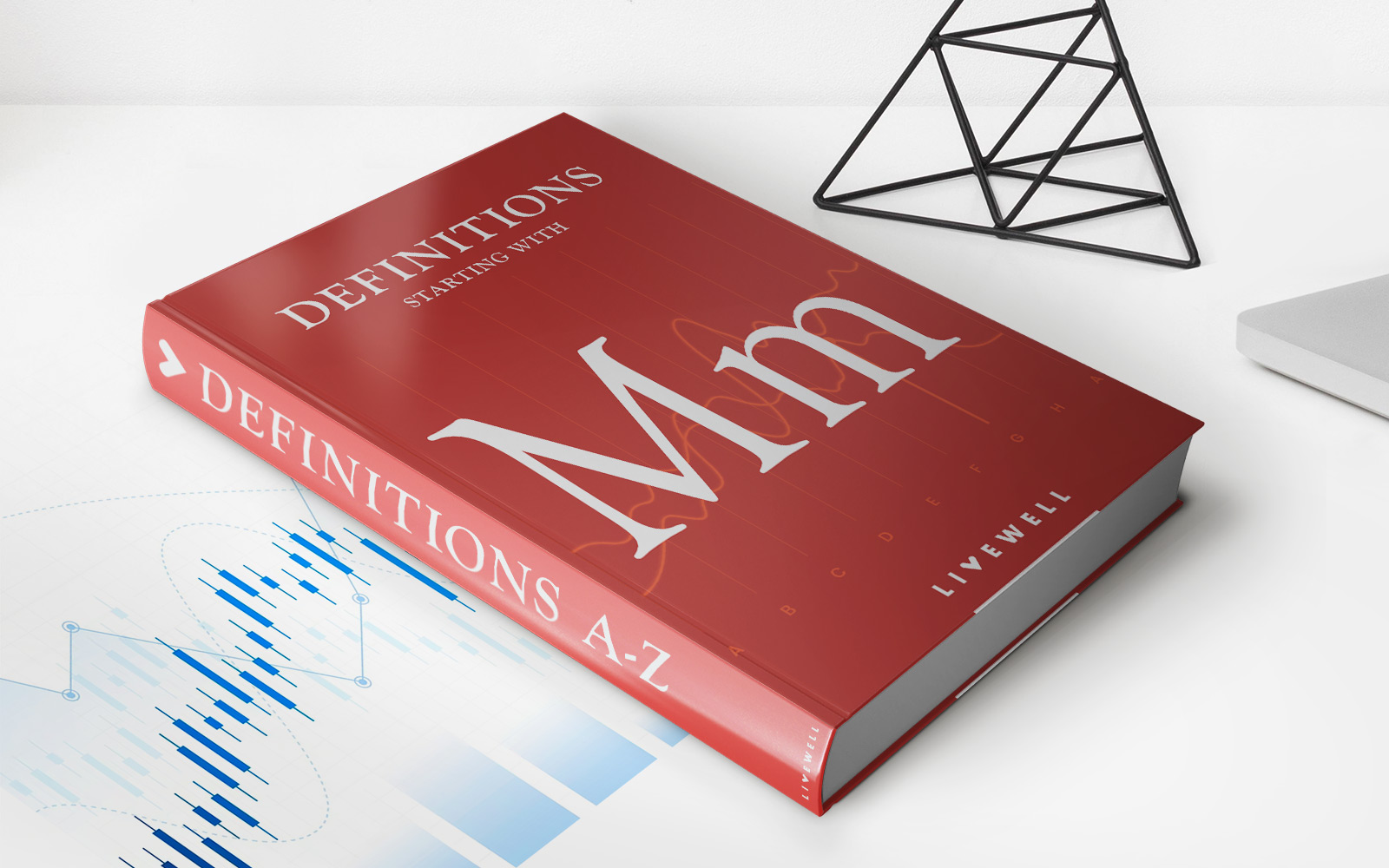

Finance
Mutualization Of Risk Definition
Published: December 28, 2023
Looking to understand the mutualization of risk in finance? Discover the definition and its significance in managing financial uncertainties.
(Many of the links in this article redirect to a specific reviewed product. Your purchase of these products through affiliate links helps to generate commission for LiveWell, at no extra cost. Learn more)
Understanding Mutualization of Risk: A Key Concept in Finance
Welcome to our Finance category! Today, we are diving into the fascinating world of Mutualization of Risk. Have you ever wondered how organizations or societies manage to handle unforeseen risks and unpredictable events? Mutualization of Risk might just be the answer. In this blog post, we will break down the definition of Mutualization of Risk, explore its benefits, and highlight some real-world examples. So, let’s get started!
Key Takeaways:
- Mutualization of Risk involves spreading risks across a group or community, reducing the impact of individual losses
- By sharing risks, individuals or organizations can achieve greater stability and mitigate the financial impact of unforeseen events
What is Mutualization of Risk?
Mutualization of Risk, in the context of finance, refers to the practice of distributing or pooling risks among a group of individuals or entities. This concept is based on the notion that individual risks can be divvied up among a larger pool, reducing the financial burden on any single participant in the group. Essentially, the idea is to spread risk and create a safety net for those involved.
This practice can be seen in various forms, including insurance policies, pensions, and even partnerships. By mutualizing risks, the potential consequences of individual losses can be mitigated, and participants can achieve a greater sense of financial stability and security.
Benefits of Mutualization of Risk
The concept of Mutualization of Risk offers several advantages, both for individuals and organizations. Here are a few key benefits:
- Reduced Financial Impact: By sharing risks, the financial impact of unforeseen events is spread across a larger group. This allows for the pooling of resources and reduces the burden on any single participant.
- Increased Stability: Mutualization of Risk enhances stability within the group by minimizing the potential for significant financial losses that could affect participating individuals or organizations.
- Spreading of Expertise: When risks are mutualized, knowledge and expertise on risk management are shared among participants. This can lead to better risk assessment and decision-making processes.
- Improved Risk Management: By pooling resources and knowledge, the group can collectively develop and implement risk management strategies, resulting in a more efficient approach to addressing and mitigating risks.
Real-World Examples
To better understand the practical application of Mutualization of Risk, let’s explore a couple of real-world examples:
- Insurance: When you purchase an insurance policy, you are effectively mutualizing your risks. The premium you pay contributes to a pool of funds that will be used to compensate policyholders who experience covered losses. Insurance companies effectively distribute the risk and provide financial protection to their customers.
- Financial Markets: Investors often mutualize their risks by diversifying their portfolios and investing in a range of assets. This strategy helps spread the risk across different investments, reducing the impact of losses from any single asset.
Overall, Mutualization of Risk is a powerful concept that plays an essential role in managing uncertainty in various realms of finance. Understanding this concept can help individuals and organizations make informed decisions that mitigate the potential impact of unforeseen events.
We hope this blog post has provided you with a clear understanding of Mutualization of Risk and its benefits. Remember, by sharing risks, we can create greater financial stability and resilience for all. Stay tuned for more informative articles on finance and other intriguing topics in our Finance category!

